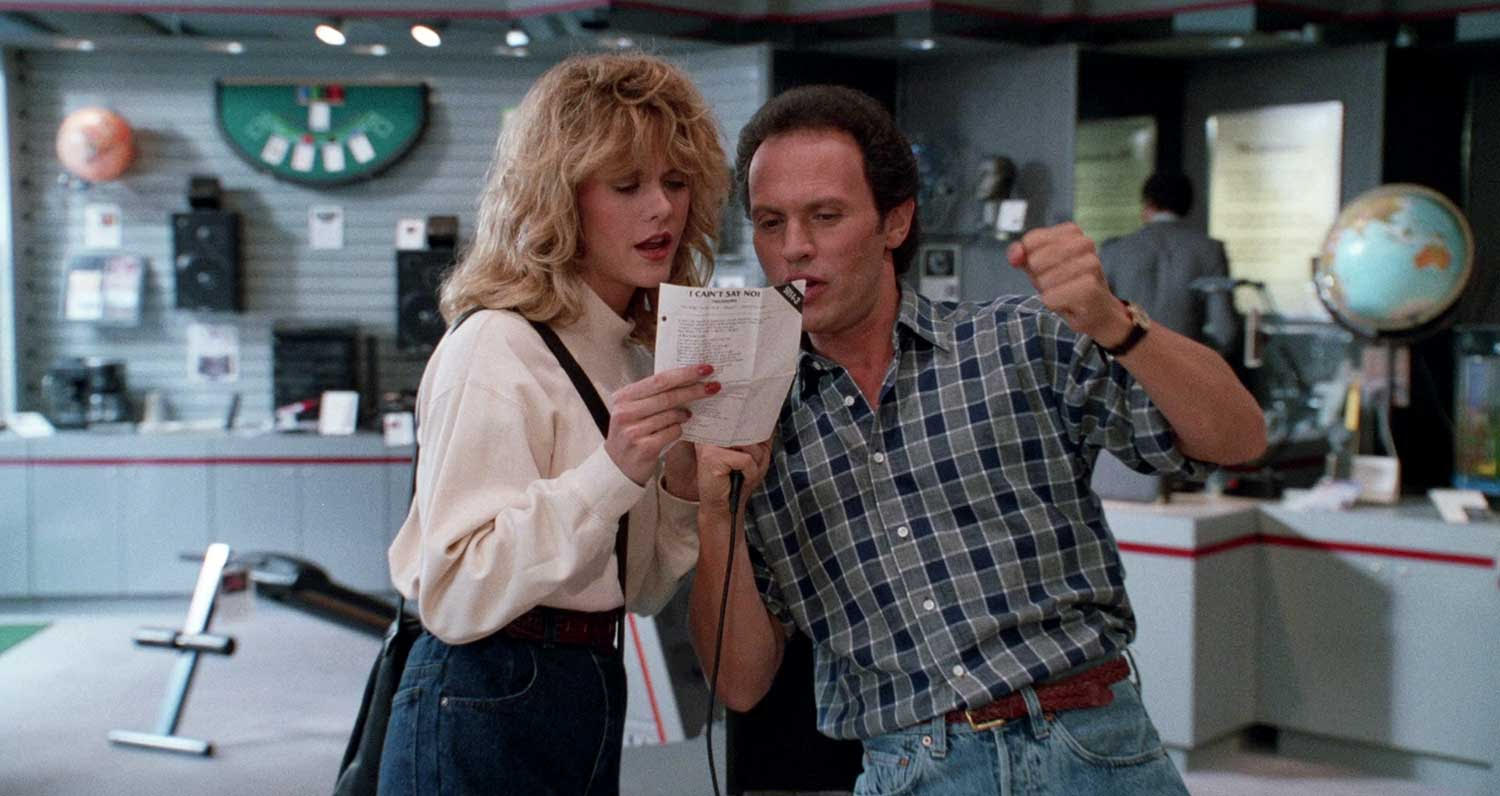Restorative practices are often used by teachers and others in highly conflict-prone jobs to help their students reach solutions that help them process why the incident occurred in the first place. Restorative questions are non-blaming and open-ended inquiries for those involved in the conflict that allows for a more introspective experience than what is provided when we normally handle conflict. This approach helps provide true answers, real transparency, and the opportunity for incredible healing.
The ability and awareness to use restorative questions when dealing with a conflict can turn a seemingly futile situation into one of growth and understanding. The process doesn’t seek immediate repercussions, which may initially feel strange to many who have not tried this practice before. The long-term impact, however, benefits every party involved with or impacted by the conflict. Here are some restorative questions to ask the offender the next time you are able.
What happened?
Ten people could see the same exact moment in time and still honestly tell you ten different stories about what happened. The truth is a lot like frozen yogurt - it comes in many flavors. It is important to take time to understand what the central players in a moment of conflict say about what happened, who was involved, and why.
What were you thinking of at the time?
Heightened feelings often lead to escalated moments and it’s important that we recognize what was felt leading up to the conflict. A seemingly sudden outburst could come after weeks of previously unrecognized aggressions or it could have sparked from a stress factor that doesn’t even involve the other present parties.
What have you thought about since?
As important as it is to understand what led up to the heated moment, we also need to pay close attention to the feelings that come after a conflict. The cool-down period can produce just as many answers as the rawest of moments. Level heads not only prevail, they usually are better at explaining their perspective.
Who has been affected by what you have done?
Many restorative justice questions are centered on looking inward, but we must be aware of who we are impacting with these moments. There are those directly impacted and a multitude of others that got involved in the conflict or will be indirectly impacted by the resulting consequences.
In what way have they been affected?
How and who not only share the same letters, they share a crucial role in creating restorative justice - raising awareness. We must first know who is wrong and how to be able to truly right the wrongs that have been committed.
What do you think you need to do to make things right?
The first five questions help us realize what happened and what was wrong with the situation. The sixth question is the fun part - making things better. Resolution can often feel hard but you’ve already gotten through the toughest part. The answer may not always be what we would prefer, but the path we have chosen to follow will take us to the best outcome for all involved.
You’ve chosen restoration and now you have the tools to practice it. We wish you the best!
Cover image from Chirstina Morillo









%20(1).jpg)
